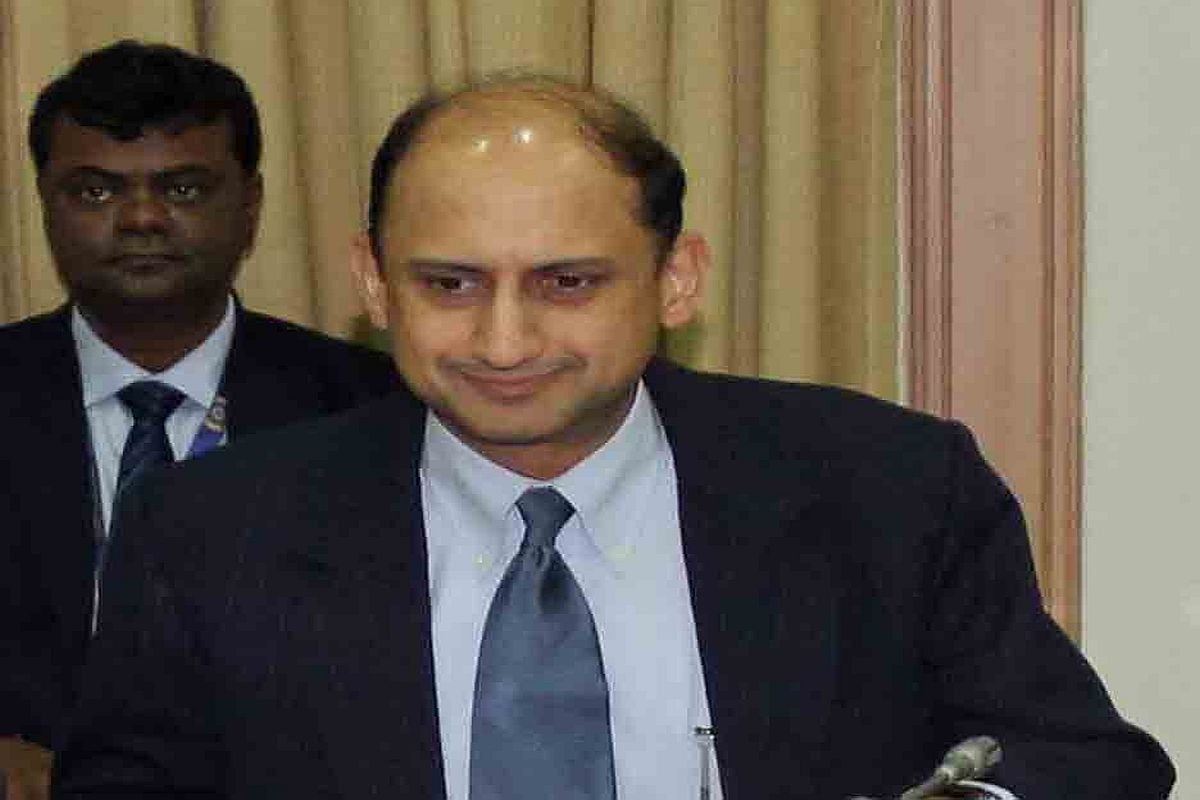ICRA projects GDP to dip 6.5% YoY in Q2FY25
It said, this is due to the heavy rains and weak margins offsetting the buoyancy injected by the turnaround in Government capital expenditure and healthy trends in kharif sowing.
Acharya submitted a letter to the RBI informing that due to ‘unavoidable personal circumstances’ he is unable to continue his term beyond July 23, 2019.

Reserve Bank of India (RBI) Deputy Governor Viral Acharya. (File Photo: IANS)
Reserve Bank of India (RBI) Deputy Governor Viral Acharya has resigned six months before the scheduled end of his term.
Viral V Acharya submitted a letter to the RBI informing that due to “unavoidable personal circumstances” he is unable to continue his term as a Deputy Governor of RBI beyond July 23, 2019.
Consequential action arising from his letter is under consideration.
Advertisement
His exit comes six months after his boss and former RBI Governor Urjit Patel resigned in an abrupt move following days of a bitter row between the central bank and the government over surplus reserves.
According to a report in Business Standard, Acharya, who was in charge of monetary policy, will return to New York University as an economics professor in August instead of February 2020.
Viral Acharya had joined the RBI in 2017.
The exit also comes at a time gross domestic product (GDP) growth in the country has hit a five-year low, and less than two weeks ahead of the presentation of a full-year Budget by the government in Parliament.
Last year, the country witnessed a long-simmering discord between the central bank and the government when reports stated that the Centre had invoked never-before-used powers under Section 7 of the RBI Act allowing it to issue directions to the central bank governor on matters of public interest.
The rift surfaced after Deputy Governor Viral Acharya in a hard-hitting speech pitched for “effective independence” of the central bank.
Acharya had said governments that do not respect central bank’s independence would sooner or later incur the “wrath of financial markets, ignite an economic fire and come to rue the day they undermined an important regulatory institution”.
Acharya emphasised that undermining a central bank’s independence is akin to committing a “self-goal” for any government.
Delivering the AD Shroff Memorial Lecture, he said, “What matters is the effective independence with which these powers (vested in the Acts governing the RBI or any central bank) can be exercised in practice.”
In 2017 January, Acharya took over as the deputy governor of the RBI for three years. He took charge at a time when the central bank was facing criticism for repeated changes in the rules related to deposit and withdrawal of money, post-demonetisation.
Acharya is known for his research in theoretical and empirical analysis of systemic risks of the financial sector, its regulation and genesis in government-induced distortions, according to the profile on the NYU website.
Advertisement